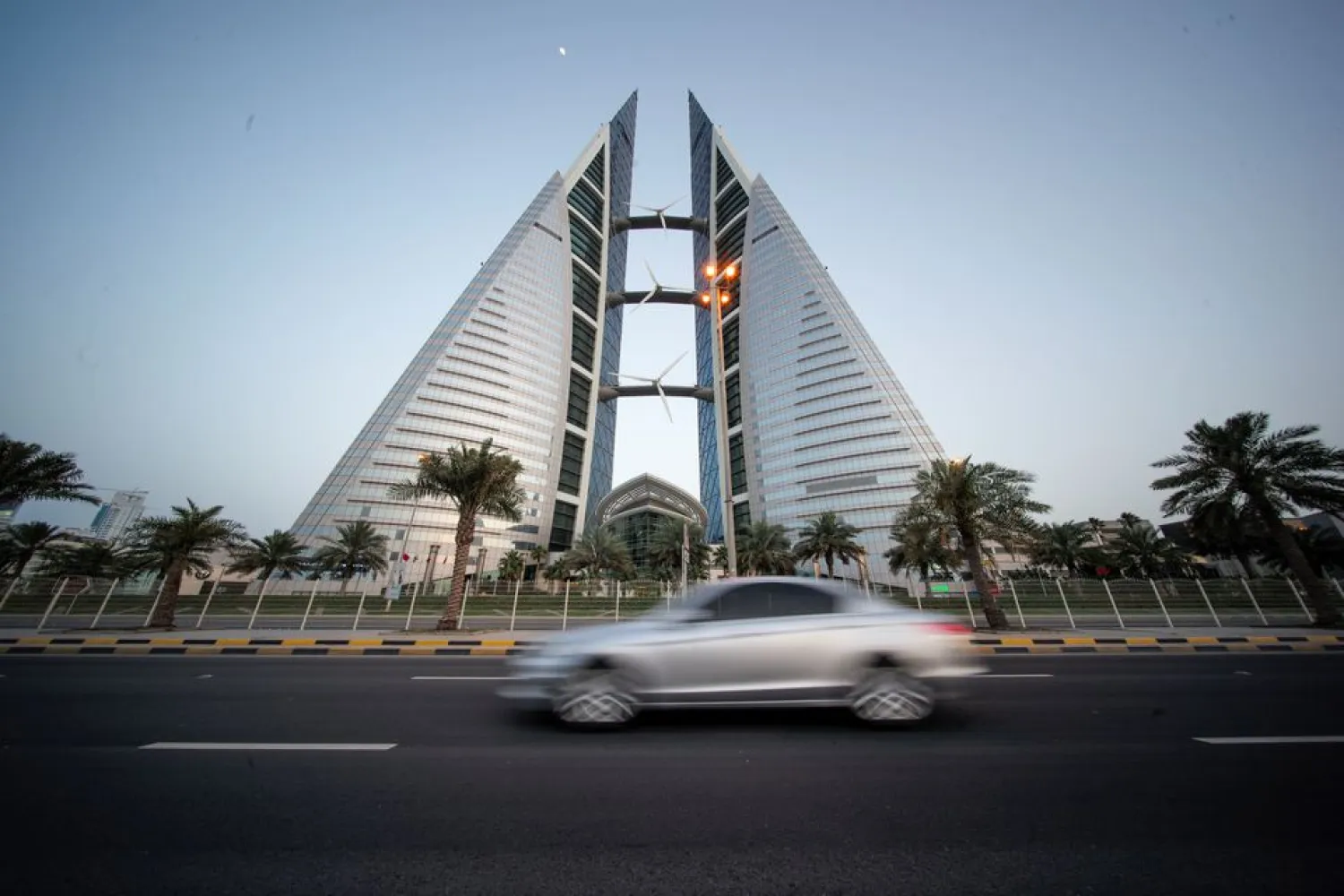Bahrain on Sunday gave details of a new economic growth and fiscal balance plan that pushes a zero-deficit target back by two years to 2024 from 2022 and increases value-added tax to 10 percent.
A government statement said the updated fiscal balance program also included reducing expenditure and project spend and streamlining distribution of cash subsidies to citizens.
The government also announced a strategic projects plan that would catalyze over $30 billion of investments and a regulatory reform package aimed at supporting $2.5 billion of foreign direct investment by 2023.
Kuwait, Saudi Arabia and the UAE, which in 2018 extended a $10 billion aid package to Bahrain, last month reiterated support for Manama’s budget plans, a move expected to help their neighbor in the debt capital markets despite delays in plans to fix its heavily indebted finances.
Last month Bahrain said that due to the coronavirus crisis last year, it had postponed the target year for a balanced budget to 2024 and announced plans to hike a value-added tax to boost state coffers.
The fiscal balance program - a set of reforms aimed at balancing the budget - was linked to the pledged $10 billion.
The ministers of finance of wealthier Saudi Arabia, Kuwait, and the UAE met with Bahrain’s finance minister on Oct. 19 to discuss Bahrain’s progress in improving its finances.
"The ministers welcomed the efforts made by the government of Bahrain in implementing the Fiscal Balance Program, and the progress made by the government despite the challenges posed by the COVID-19 pandemic," the three countries said in a joint statement.
"The Ministers affirmed their support to the Kingdom of Bahrain’s efforts in pursuing further reforms to enhance fiscal stability and strengthen sustainable economic growth."
Bahrain’s delaying of its fiscal balance program, which pushed back the zero-deficit target by two years, was seen as unlikely to deter investors from buying its debt due to expectations of continued support from richer Gulf allies, bankers and analysts have previously told Reuters.
Bahrain’s public debt climbed to 133 percent of gross domestic product last year from 102 percent in 2019, the International Monetary Fund said.
S&P forecasts Bahrain’s budget deficit, which was 16.8 percent of GDP last year, to average 5 percent between 2021 and 2024, excluding the impact of a possible hike in value-added tax.









